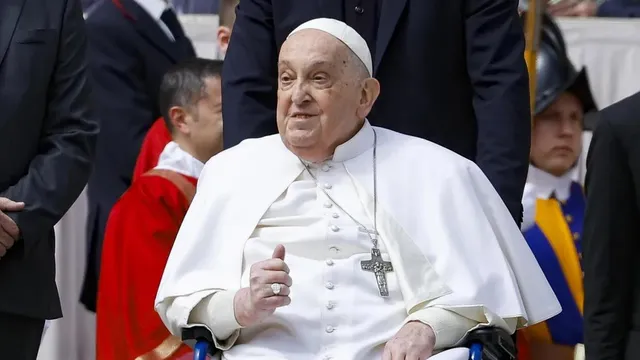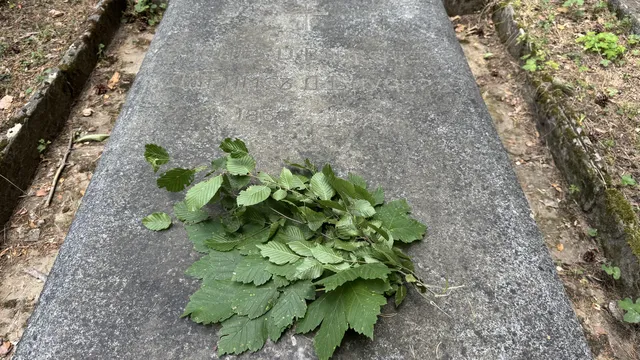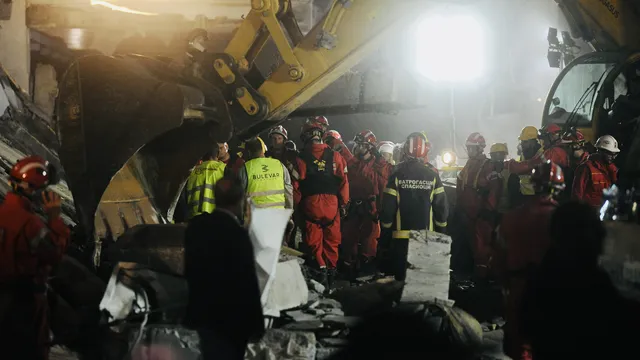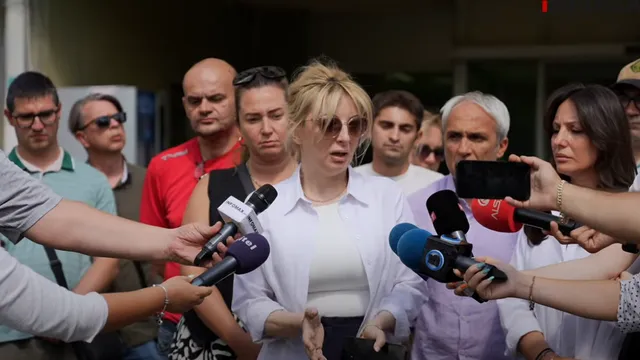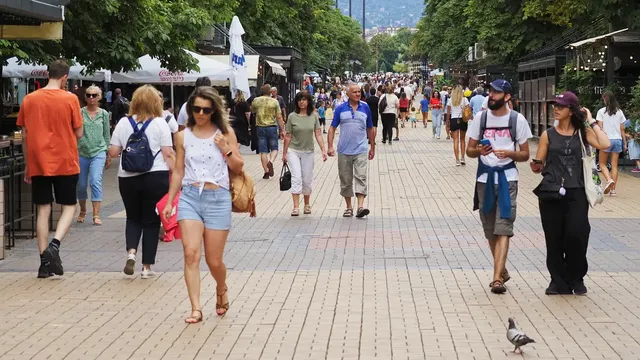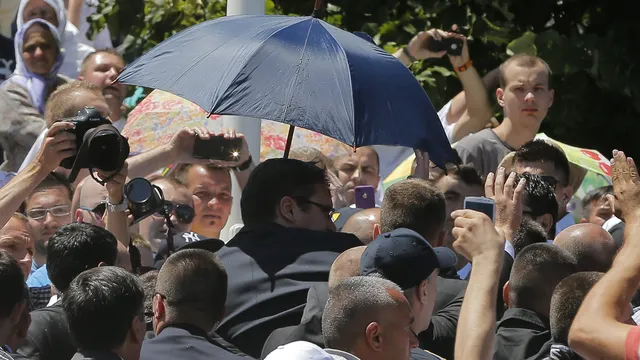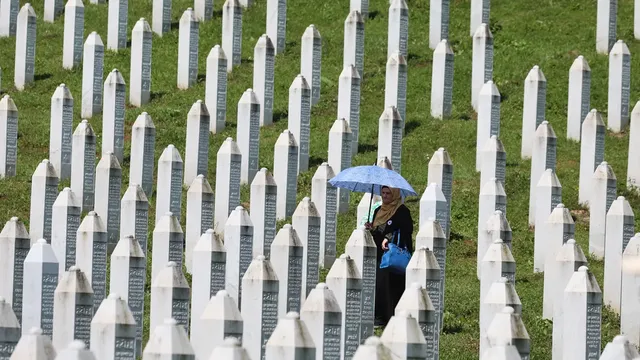Pope Francis passed away at the age of 88 after spending over a month in a Rome hospital with bilateral pneumonia and then recovering for several weeks, but unsuccessfully.
Although he had been feeling better in recent days, he was weak and unable to lead Easter services, instead leaving them in the hands of the cardinals.
Amid all this, it is almost certain that the cardinals were already discussing his possible successor, hoping to avoid a prolonged conclave.
The last time this happened was in 2013, when Pope Benedict XVI resigned at the age of 85 - something unprecedented in 600 years. The election of a new pope then took about two weeks, after which the Argentine cardinal Jorge Mario Bergoglio - Pope Francis - was chosen.
In the words of Vatican expert John Tavis, under the current transition the election is likely to be quicker because the cardinals are aware that the world is watching the process closely. "A long conclave could raise doubts about internal divisions. And worse, it could lose the interest of the world," he told the New York Post.
The heightened public interest in the election process was fueled by the Oscar-nominated Hollywood production "Conclave" (2024). The film presents a dramatic scenario of intrigue, blackmail and even a terrorist attack during the election of a new pope.
However, historian Dr. Suzanne Hansen of the University of Dallas calls the film "a series of clichés served up with leftist ideology" and warns against accepting it as historical reality. The actual election of the pope is divided into two stages: preliminary talks between the cardinals and the closed conclave in the Sistine Chapel, where the vote is held in complete secrecy.
The election of a pope requires a two-thirds majority of the cardinals with voting rights. Although technically any baptized Catholic male can be elected, since 1378 the pope has always been chosen from among the cardinals.
No cardinal actively campaigns for himself - this is considered the "kiss of death." Aggressive lobbying or deals for future gain can even lead to excommunication. According to Tavis, even the elected pope has rarely had a name secretly prepared. Most cardinals accept that their chance of being elected is minimal and don't even want this "lifetime burden."
"The papacy is not like being president - you rule for four or eight years and then play golf and make money from lectures," said John Allen, another Vatican expert. "Many cardinals would run screaming if they felt they could be elected."
At the same time, retired cardinals continue to enjoy high honors without the burden of the office.
While the U.S. has the most cardinal-electors after Italy, there has never been an American on the Holy See. Names like Cardinal Seán O'Malley, Raymond Burke and Archbishop of New York Timothy Dolan are mentioned, but their chances remain slim.
The reasons are both cultural and political. Many American cardinals are perceived as expressing "culture wars," and disagreements within the American church hierarchy arouse suspicions in other cardinals.
Among those tipped as favourites are:
- Cardinal Pietro Parolin, the Vatican's secretary of state. Considered a "safe choice," he knows the Roman Curia well but lacks pastoral experience.
- Cardinal Matteo Zuppi - president of the Italian bishops' conference, known for progressive but balanced views.
- Cardinal Mario Grech of Malta - heads the Synod of Bishops.
- Cardinal Konrad Krajewski of Poland - Francis' leading representative in charity campaigns.
Expectations for the next Pope: stability, moderation and inspiration
Many faithful are hoping for a 'return to normality' after Pope Francis' tumultuous pontificate, which sparked debates on issues such as abortion, divorce and LGBTQ+ rights. Experts predict that a figurehead will be sought to continue Francis' more outspoken line, but with more careful language and approach.
"Whether you love or hate Pope Francis - everyone agrees it's been a rollercoaster ride. A little calm wouldn't have gone amiss," John Allen said in closing. | BGNES

 Breaking news
Breaking news
 Europe
Europe
 Bulgaria
Bulgaria
